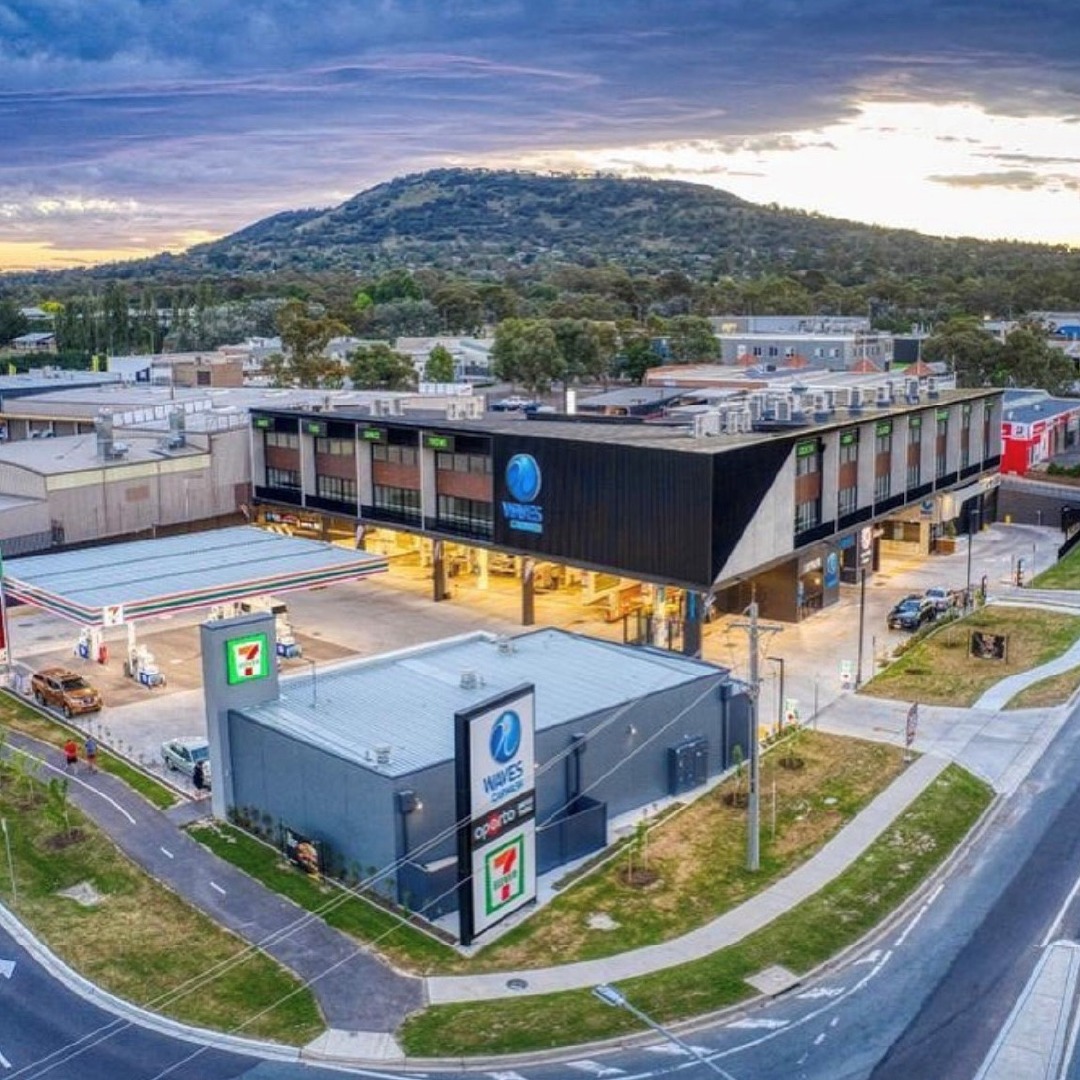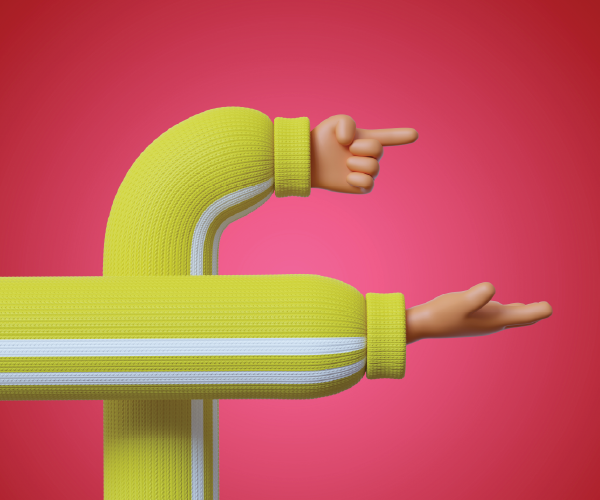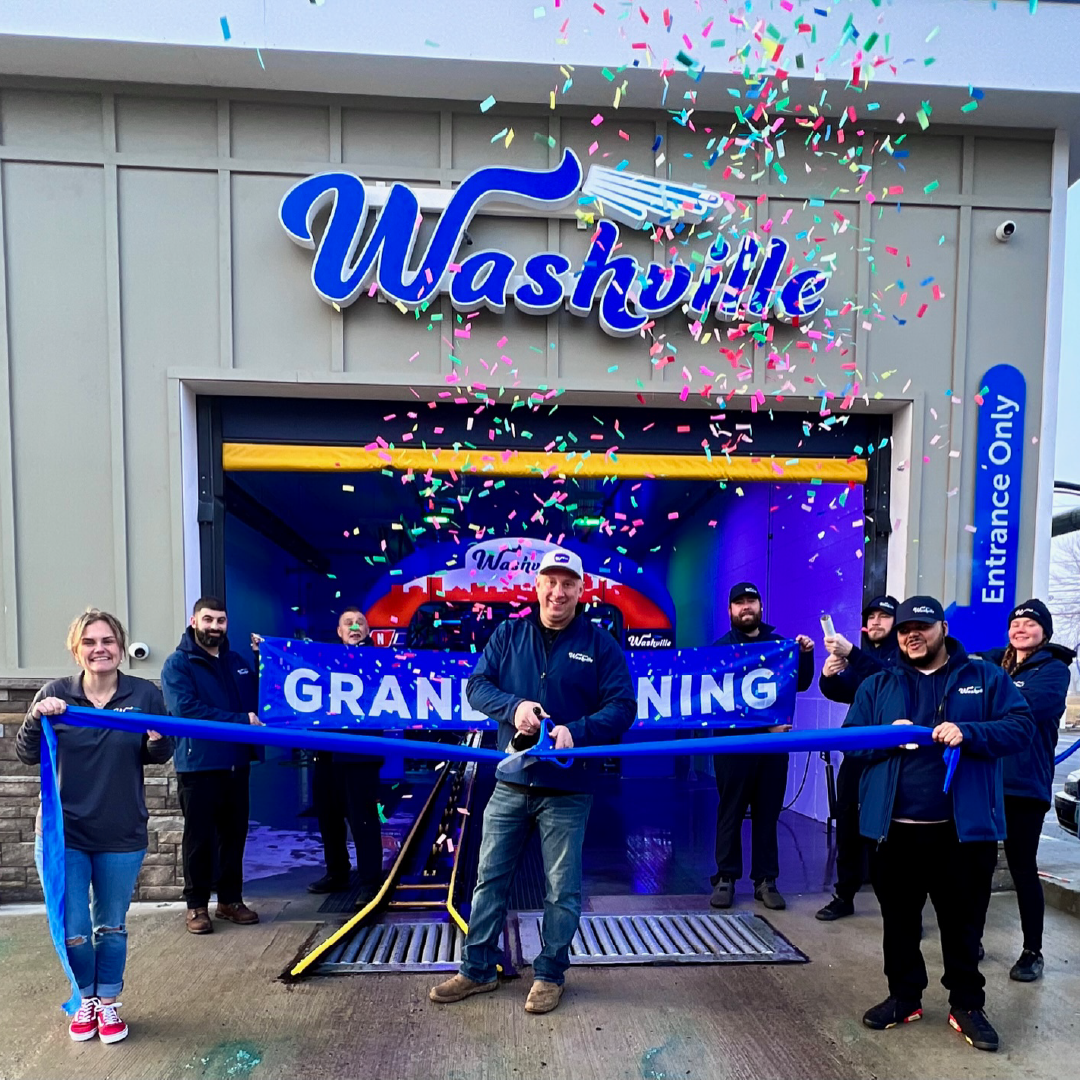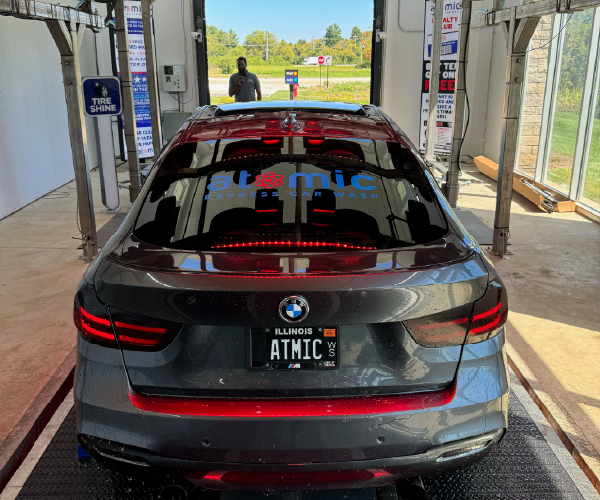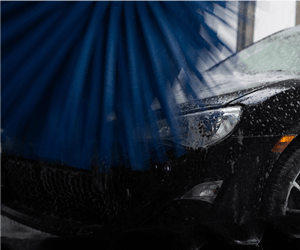
Following Vehicle Technologies: Auto-park and the Car Wash
October 1, 2016
6 minute ReadDifferent types of automatic and autonomous technology apply to cars being parked – or moving at a slow speed. But, one that we’re exploring today is the use of automatic transmissions in automatic parking systems that shift to park when the driver’s door is opened.
The idea of a transmission that automatically shifts to park when the driver’s door is opened is meant to be a safety feature, but as with many safety features, it’s had some unexpected consequences.
“A while back, we saw cars start locking up for no reason,” said Rodney Bronson, Customer Service director for Hoffman Development Corporation, a car wash operator in Albany, New York. “We start finding out that a lot of the vehicles have auto park, and of course it was causing damage because the car would stop and the car behind it would bump into it, and now you have two cars with bumper damage.” Hoffman Development runs washes and oil-change shops throughout the Albany area.
Bronson said that his team started noticing this phenomenon a while back, and it’s become a bigger issue as more and more vehicles gain this technology.
“The biggest issue that we’re running into is that obviously the number of vehicles that have these features seem to be getting more and more prevalent. So for us, you have the damages but it’s also a safety issue, you know, guys are getting out of these cars and it moved into auto park and it causes a safety concern there,” said Brian Corey, full service manager. “A lot of our guys aren’t sure what vehicles to ride [through] sometimes. Is it a 2015, is it a 2016?” He singled out two Acura models — the ILX and RLX, as well as the 2016 Honda Pilot. He also mentioned the 2014 Ford Taurus as well as Lincoln models.
Jessica Pawl, a Honda spokesperson, responded that the models in question do have a car wash mode which is engaged by pressing the start/stop button within five seconds after selecting neutral with the driver’s foot on the brake.
“It just seems like every week, here’s another new one,” Corey said. “I just think staying on top of it is our concern, of how many of these are coming out, if we could get some kind of a heads-up beforehand… I don’t know how possible that is.”
It’s not just about safety, either. Or cost of potential claims, though of course the cost to repair the damage done by a car stopping at the wrong time won’t be cheap — even basic bumper repairs run $1,000 or more.
“It’s really affecting our production on a busy day because probably one out of four cars we’re riding through, we’re sending somebody through so now they’re not up on the line,” Corey said.
He said that he assigns an employee to ride through on every car that has an auto-park feature, for two reasons: Safety and to make sure the car doesn’t go into park at the wrong time, causing it to hop the rollers. He’s instructed his employees to ride through whenever they are unsure if a vehicle offers this feature, with the idea that it’s better to be safe than sorry.
Model-year variation can cause a guessing game for employees — a 2015 model might look identical to the 2014 model, but the 2015 might have auto-park and the 2014 might not.
Employee training is key. Corey said he’s told his employees to try their best to signal their co-workers as to which vehicles have auto-park before sending them through the line.
John Mellen, district manager for the company, said that Hoffman does keep a booklet of cars with auto-park on file, but that they don’t always know a model has gained the feature for a new model year or after a refresh or redesign until it happens.
“A lot of times, we’re guessing,” Mellen said.
“We’re missing them, too,” Corey said. “We can’t, on a busy day… go around and see which ones are auto park and which ones are not.”
Training employees only goes so far.
“Just the sheer amount of employees we have, just to train every single one on every single feature, it’s a tough thing to do,” Corey said.
Perhaps down the road, all cars coming through the lines will have auto-park. But considering that automotive consulting firm IHS pegs the average age of the American vehicle at a record 11.5 years — thanks both to increasing reliability and increasing new-car prices that leave some buyers out of the new-car market — car wash owners are likely to see a mix of older vehicles with outdated tech and new cars loaded with all the bells and whistles for years to come.
In Albany, the Hoffman folks said they’re seeing that auto-park seems to almost always be in cars that are 2014 model year and newer, and that in their part of the country, they’re seeing about one in five cars are new enough to have the technology.
“Seems like everybody’s driving a new car today,” Bronson said.
That’s because even with so many older cars remaining on the road, those who are able to purchase a new car have been doing so — a combination of pent-up demand from the recession, post-recession recovery, falling fuel prices, and the ever-increasing amount of tech/safety/performance features available on new vehicles helped spur the market in recent years — 17.5 million new vehicles were sold in 2015.
Luxury cars, which are more likely to have features like auto-park, were rolling through the wash lines at one of the Hoffman locations when we spoke to the operators there.
“I’m looking at my cameras right now and I’ve got a Mercedes going down the track, and then a BMW and then an Acura, all new,” Corey said.
“Albany’s doing pretty good,” Bronson said.
It’s not just about auto park — automakers have offered a variety of new controls for automatic transmissions in recent years, from circular dials (some Chrysler models, Jaguar and Land Rover) to push-button (Lincoln) to units that require the button to engage neutral to be pushed twice.
“If you don’t do some of these correctly… it poses a problem,” Corey said.
Owners and operators need to be educated on these pieces of technology, not only to keep things safe on the line and to keep the line moving productively, but also in case damage does occur.
“If there’s a collision because the car went into auto park, it’s kind of on our end,” Bronson said. “Because we’re the ones that are loading it on the conveyor, and we’re in care, custody and control of that customer’s car. Other than that, I don’t see where you can put the blame on the automaker. It’s kind of up to us as the operator of the car wash to try to learn and understand how all these cars work.”
“We do pretty good. We haven’t had a lot of issues with it,” Bronson said. “We learned from a couple that we had earlier, when they first started coming out with this feature, and I think it’s just an everyday thing that we need to stay on top of and watch so we don’t have a claim or a problem with it.”
For Corey, it’s about production – having employees ride through constantly slows the line. There’s also a perception issue — customers can see that perhaps employee coverage of one area looks lacking, since the employee who would normally be manning a vacuum or prep area will be riding through with a car.
“On a busy day, it just keeps compounding,” Corey said. “You do lose production on a vehicle if you just have one guy working on it.”
He said it can cost up to two minutes per car. Hoffman operators did say that car washes that have belt units, in which the car can go through in park as opposed to neutral, won’t run into issues with auto park. They also predict that in five to eight years, everyone with a conveyor wash will have employees riding through with every vehicle.
New car technology continues to affect car washes in new and unpredictable ways, and this is just one thing for owners and operators to watch
out for.


